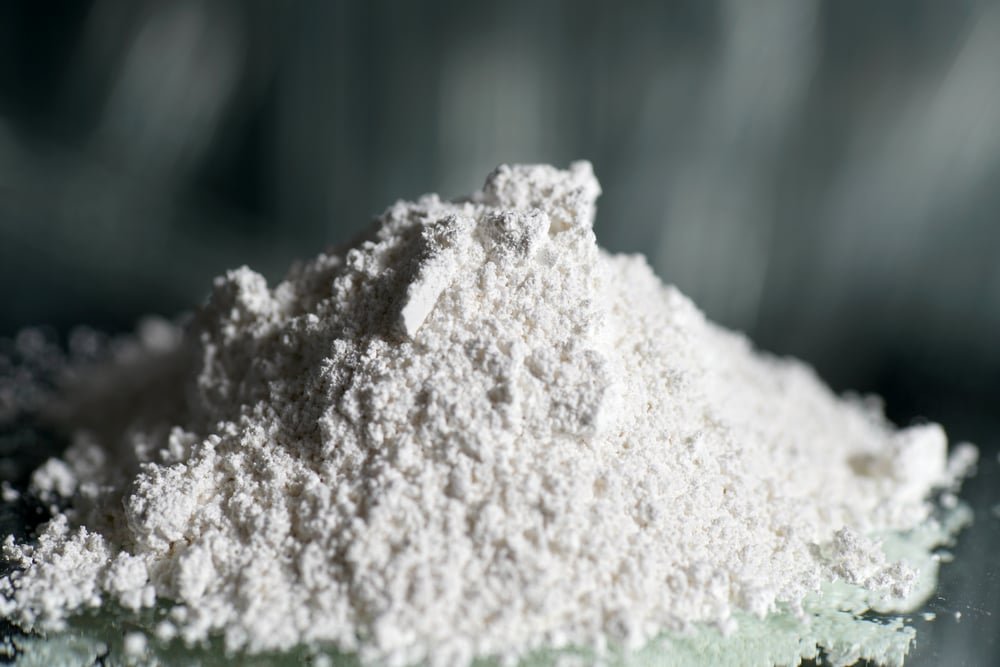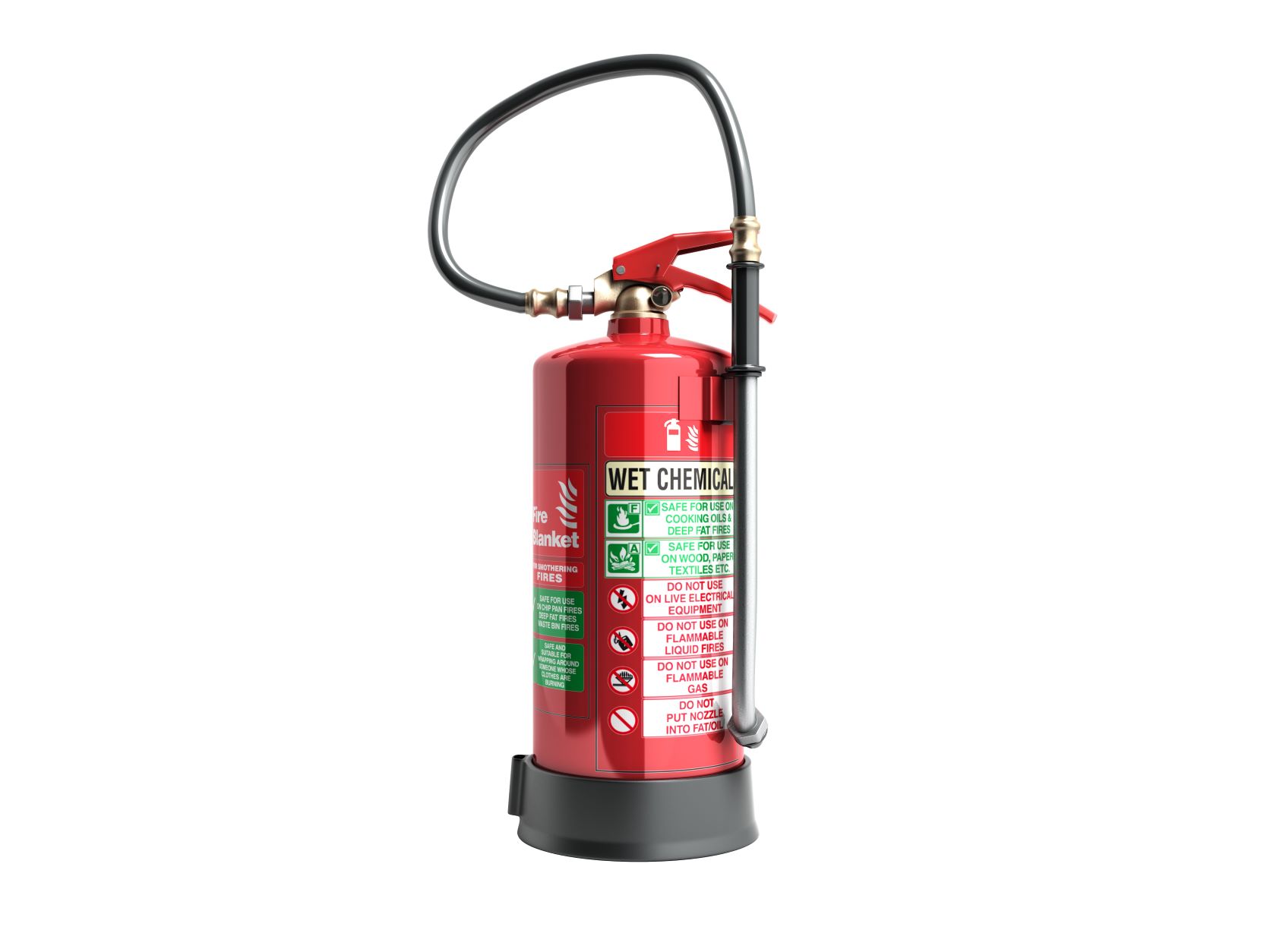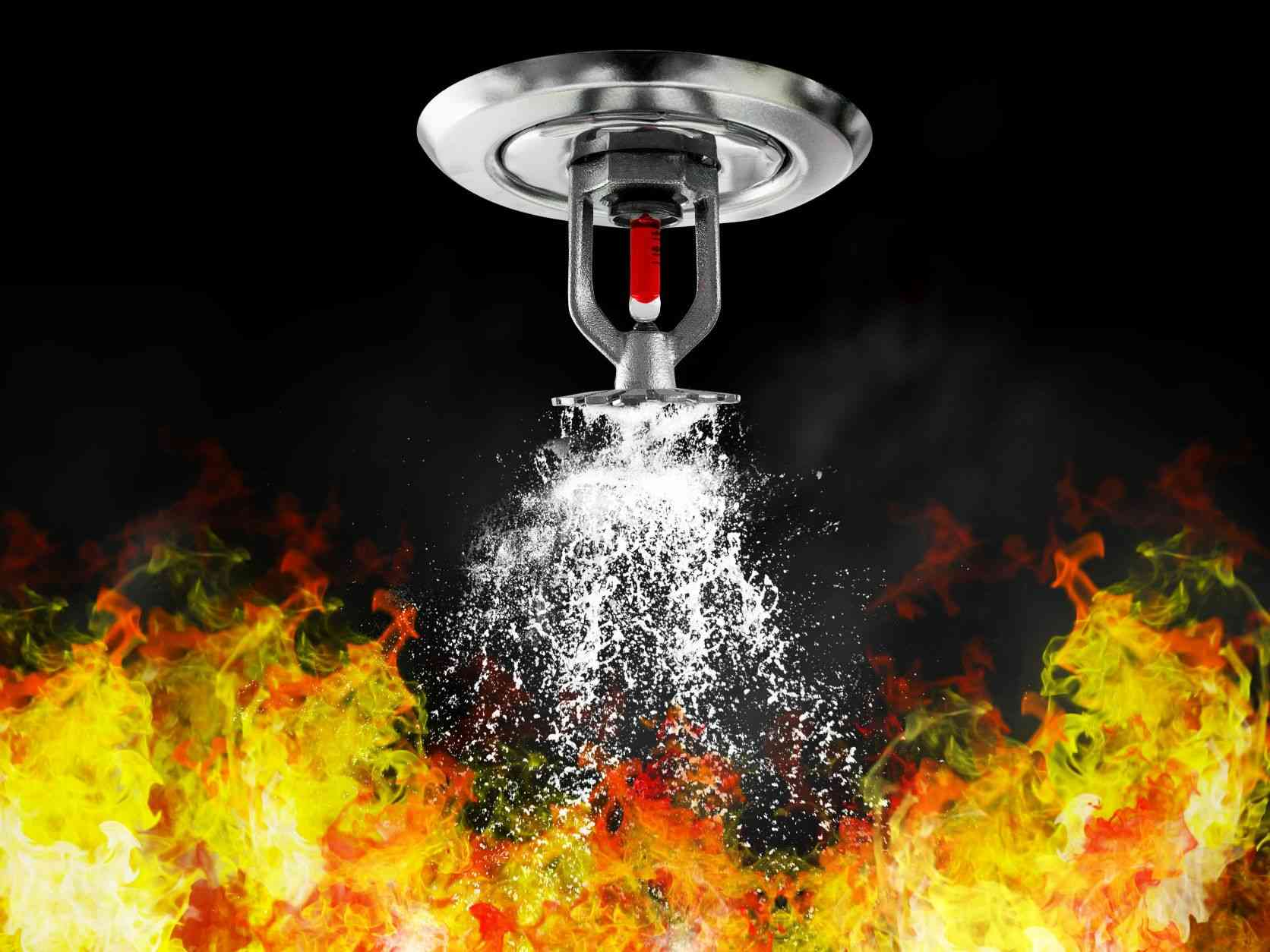Dry Chemical Extinguishing System
Our dry chemical extinguishing systems bring down blazing fires to safeguard your property and human lives in industrial settings
We identify & eliminate unnecessary energy consumption, leaving you with maximal functionality for the minimum annual energy cost.
All of our systems are designed with longevity in mind, saving you maintenance costs down the line.

As in the name, dry chemical extinguishing system entails a composition of dry chemical compounds such as sodium bicarbonate, monoammonium phosphate, potassium bicarbonate, and urea complex. These dry chemicals are best-suited for automatic fire suppression in a variety of industrial applications. The system can also be used for residential applications but note that it can be messy to clean up after discharging the powder.
Nearby Engineers New York Engineers designs and installs dry chemical suppression systems in all dry chemical compounds. Each of these chemical compounds is suited for various classes of fires: Class B for flammable liquids, Class A for ordinary fires, and Class C for electrical fires. Monoammonium phosphate can also extinguish Class A flames where the others are best suited for Class B and C fires.
Dry chemical suppression systems can be installed in various industrial settings. Our technicians are well-equipped to install in any settings of your desire. We are experts in fire protection engineering services and so it shouldn’t be cumbersome to maneuver these extinguishing systems in all the applications.
Commonly, these systems are used in paint spray booths, large off-road equipment, total flooding protection, gasoline stations, and many more settings. When choosing dry chemical suppression systems, you may opt for localized or total flooding protection. Note that these systems are regulated by National Fire Protection Association through standard NFPA 17 (Standard for Dry Chemical Extinguishing Systems) and NFPA 33 (Standard for Spray Application to safely use on flammable and combustible materials).
For this reason, our designs, installations, and maintenance are in accordance with these standards. We are a responsible MEP Engineering Design Partner in Chicago and so we make sure that our clients meet building codes enforcement in their new structures.
Dry chemical extinguishing systems can be great alternatives in water-sensitive storage areas that store delicate equipment. A computer vault, for instance, could be damaged by sprinkler systems even after extinguishing the fire. It would even hurt more if it is a false alarm that triggered the water splash onto the delicate computers.
With dry chemical compounds, you will be left with a messy enclosure to deal with rather than the water damage. A localized dry chemical discharge should be easy to clean when compared to total flooding of the enclosure. The NFPA standards stipulate the requirements for total flooding and local discharge of these dry chemical suppressants. Unlike gas extinguishing systems, the NFPA standards do not state the concentration of these chemical compounds in these systems. The effectiveness of these dry chemical systems typically depends on the identity of the compound used.

You’ve probably come across the wet chemical extinguishing systems and concerned if they could be alternatives of the dry chemical suppression systems. Both these suppression systems are excellent in fire suppression but are suitable in an assortment of fires. For instance, cooking oils flames in commercial restaurants could be aggravated by a water splash.
Dry chemicals are not that effective in extinguishing cooking oils flames in commercial kitchens. A wet chemical suppressant consists of a liquid substance that reacts with the fats and oils of a commercial kitchen fire to form a foam that will suppress the fire and prevent it from re-igniting. Wet chemical suppressants are the most effective media to extinguish the fire in both residential and commercial settings. Nearby Engineers New York Engineers experts can design either of the settings.
The use of wet chemical extinguishing systems, however, is not governed by the same NFPA 17 code that regulates the dry chemical counterparts. Instead, they are regulated through the NFPA 17A (Standard for wet chemical extinguishing systems) and NFPA 96 (Standard for Ventilation Control and Fire Protection for Commercial Cooking Operations).
Although needless to reiterate, dry chemical suppression systems are applicable in paint spray booths, gasoline stations, mixing rooms, dip tanks, and other industrial settings. In a commercial setting, these dry chemical compounds could cause contaminants and make it hard to clean up after discharge. Generally, dry chemical suppressants are dispensed with BC or ABC multipurpose agents. Most of them come pre-engineered to the size of the application area.

Well, both dry chemical suppression and sprinkler systems are effective in extinguishing blazing fires; however, there are cons and pros for each system you choose. Nearby Engineers New York Engineers is a hub for all these fire extinguishing systems for your residential, commercial and industrial systems. From dry and wet sprinkler systems to dry and wet chemical suppression systems.
Automatic sprinkler systems are effective to extinguish fires in most residential and commercial settings. They are linked to smoke and heat detectors which then trigger a discharge while waiting for emergency firefighters. As we have highlighted above, water sprinklers can be equally damaging to other water-sensitive storage areas. In such cases, you may need to consider dry chemical suppressants.
Dry chemicals are great extinguishers of flames. They are even more effective than sprinkler systems in extinguishing large flames. However, they leave a place in a mess. Just like sprinkler systems, dry chemical extinguishing systems are replenished after discharging the powder. There is no need for manual replenishment provided you hired the best technicians to set up an optimal system.
The answer is a BIG resounding NO. These systems are economical compared to the wet suppressants and other fire-suppressing media. Nearby Engineers New York Engineers always ensures that your designs are cost-effective without over-engineering them. We save you lots of costs. Let us take care of all your MEP Engineering Designs and integrate dry chemical extinguishing systems already.

Industrial processes or gasoline stations could be subjected to possible fires. Oftentimes, such flames are explosive, and so time-delayed fire suppressants will not be helpful at all. Every second does count in an emergency because property’s worth and human life might be at stake. Thus you need effective fire suppression systems such as the dry chemical extinguishing systems.
These systems are remarkably better than other fire suppression media such as gases and notably sprinkler systems. To add to that, they are economical. What could be a reason to not have these effective fire extinguishing systems apart from their messy cleanup? Let Nearby Engineers New York Engineers be your go-to designer and installer of these systems to safeguard your property and prevent human life loss.
Dry chemical suppression systems function automatically in suppressing the fires. They can also be activated manually through fusible links. In automatic mode, they interact with smoke and heat detectors to detect a fire early and then suppress it. Basically, the dry chemical compounds coat the burning surface thus separating the fuel from the oxygen supply to stop the flames from reigniting.
Imagine having to shut down a production factory due to fires you could prevent with dry chemical suppressants. That could be a serious halt to your company and many people could lose jobs. With our extinguishing systems, we guarantee complete protection against fire damage. Our technicians will assess your area and then design a full coverage of these systems.
Can Dry Chemical Extinguishing System combine with other systems?
Fie emergency damages could be exorbitant that they prompt you to consider supplementary fire protection systems. However, other combinations are impractical and may even be more detrimental to your protection services unless if the other system is to be actuated manually.
There is no need to combine dry chemical suppressants with other fire suppressants. The system alone is more effective with its dry chemical compounds. Either with sprinklers or wet chemical suppression systems, that combination shouldn’t even be entertained.
Is a dry chemical extinguishing system safe?
This is probably a point everyone loves to know about the safety of these systems. Since we’ve been installing these systems, we have never heard any safety issues provided they are installed in the right places. Besides, the dry chemical compounds such as potassium bicarbonate and sodium bicarbonate (baking soda) are not hazardous.
The only caution though is that, in total flooding application of the dry powder, stay clear from the area to avoid suffocation. NFPA 17 introduces limitations of applications in enclosed or partially enclosed areas. Our technicians are knowledgeable in all those restrictions to ensure that your system is wholly acceptable and approved.
Not only does Nearby Engineers New York Engineers design and install dry chemical suppression systems but our technicians can also carry on timely schedules of inspection and maintenance. Like all other fire safety systems, these systems require maintenance.
An optimal system ensures that you are always set up and ready for any emergency. You don’t want the feeling of having a broken nozzle just when the fire is blazing and destroying your property. Maintenance is just as important!
Well, our technicians are well-rounded with every component that was used in constructing these systems and so it is relatively easy to fix.
In a nutshell, we consider the following:
Our inspection certainly extends beyond the above-mentioned pointers. We can schedule inspection and maintenance on a 5 yearly basis, for example, to ensure that there are no possible failures. Because our designs are unrivaled and top-notch quality, there is no need to maintain the systems frequently – say on a yearly basis.
Why choose Nearby Engineers New York Engineers for Dry Chemical Extinguishing Systems?
We have the best systems in the industry. From smoke, heat, and carbon monoxide detectors, our systems have saved thousands of lives and properties from fire destruction. We pride ourselves in the unparalleled fire protection engineering services. To ensure that you are fully covered, we design, install, inspect and maintain our fire extinguishing systems.